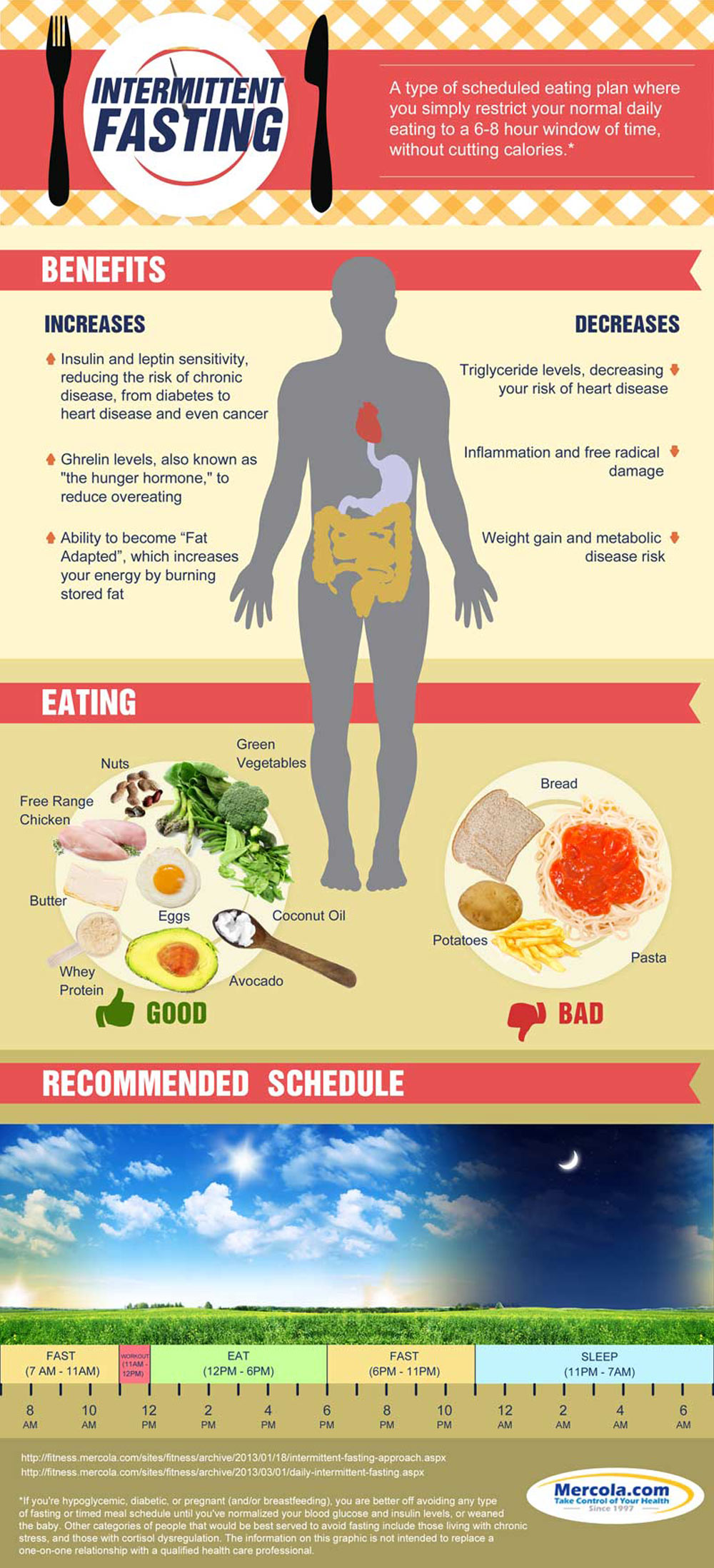As a self-experimenter, approximately five years ago, I started putting my body in a state of nutritional ketosis using a ‘keto diet‘. This is when I was using intermittent fasting (IF) consistently. I am still using intermittent fasting and you can check this out to have a better idea of what I am currently eating here. More recently I completed a seventy-seven-hour water (block) fast, which was not easy, but was definitely much easier with several years of IF ‘training’.
What is Intermittent Fasting?
Intermittent fasting is the act of intentionally extending the overnight fast that takes place when we sleep (i.e. not breaking the fast as soon as you wake up). This can be accomplished in a variety of ways: by either skipping the first or last meal of the day, essentially restricting your eating window to a 6-8 hour period of the day, or by fasting for an entire day (or two) of the week, in which the fast could be anywhere from 18-30 hours. Oftentimes, the biggest benefits can be seen within a single day’s fast.

The Benefits of Intermittent Fasting
Some of the many benefits that have been proven to occur with intermittent fasting are:
- Decreases in body weight, total body fat, and body fat percentage
- Improved cardiovascular disease risk profile.
- Decreased LDL (bad cholesterol) and triglycerides
- Maintained HDL (good cholesterol)
- Decreased inflammasome activation leading to decreased inflammation and risk of chronic disease
- Increased brain function and learning ability, and reduced “normal” age-related declines in cognitive function, also reducing the risk of brain-related disorders like Alzheimer’s and Parkinson’s
- Improvements in metabolism including reduced blood sugar and insulin levels, increased insulin sensitivity, increased fat oxidation (burning fat for energy), all leading to a reduction in “metabolic syndrome”, which is a major problem in the western world
- Increases in human growth hormone
Intermittent fasting should not be seen as a major calorie restriction diet. During the times when you are eating, your diet should consist of high-quality food to ensure you aren’t nutrient deprived. Fasting should be avoided when pregnant/breastfeeding, in people with severe blood sugar regulation problems, or in those with severe adrenal fatigue.
Resources for Intermittent Fasting:
Have a look at these links below for helpful hints and further information:
- The Ultimate Guide for Beginners and all the questions you would like answered on IF here.
- You will need your propeller hat on if you are a nerd like me and want to take a deeper dive to understand ketosis and ketones with Dr. Dom D’Agostino.
- Chris Kresser and his great research on intermittent fasting.
- Great visual of intermittent fasting.
- Eat, Stop, Eat, by Brad Pilon.
- Dr. Dom’s site with ketosis research.
Thanks to Brock Mount for his assistance with this post.













